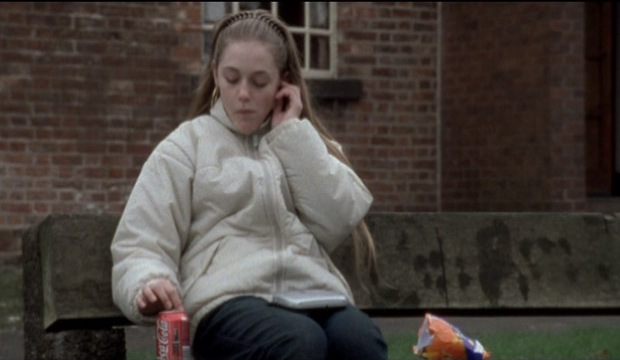Screen Education
An Introduction to Screen Education
What is Screen Education?
Screen Education (also known as Film or Moving Image Education) involves watching a range of screen texts; discussing and analysing them; generating discursive and creative written work, storyboards and scripts; making a range of moving-image artefacts, re-purposing ‘found’ material and digital storytelling (not necessarily large-scale filmmaking projects); exploring genres and types of texts that might be less familiar, e.g. short films, archive films, and foreign-language films; and re-examining familiar texts.
Screen Education develops both film literacy and literacy in general. The close reading of written texts is common in schools, but the close reading of screen texts is not, despite their universal popularity. Learning the basic grammar of screen texts opens up a whole new world to pupils, and enables them to understand how visual storytelling works.
A 21st Century Literacy
Traditionally defined as the ability to read and write, 21st century literacy is now widely understood as the ability to understand, analyse, evaluate and use a variety of media. Pupils don’t leave school without knowing the basics of written punctuation and grammar, and despite our huge consumption of screen texts, most people still have no idea about the way shots, cuts and soundscapes create meaning.
For these reasons, screen work can often be a truly revelatory experience for pupils, as they unpack screen techniques and uncover meanings. Some useful tools have been developed to support these activities: particularly The Cs and Ss' and 'Tell Me' Grid Analysis. These activities, in turn, empower pupils to develop informed opinions about screen texts and be able to discuss the meaning, morality, aesthetics and politics of what they are watching.
Screen Education Skills Across the Curriculum
Screen Education can also help improve traditional word-based literacy, and has numerous other benefits which are useful across the curriculum:
- an enhanced understanding of how to construct a narrative
- a better understanding of media and its role in society
- enhanced discussion skills
- improved confidence and self-esteem
- a greater appreciation of diverse cultures
- an increased sense of citizenship
The making of screen essays and other films in groups has been shown to help pupils with:
- research, analysis, planning, organisation, flexible thinking and multi-tasking
- team working, problem solving and presentation skills
- computing, communication and technology skills
- criticism and peer reviewing
- social awareness, moral responsibility and personal motivation
